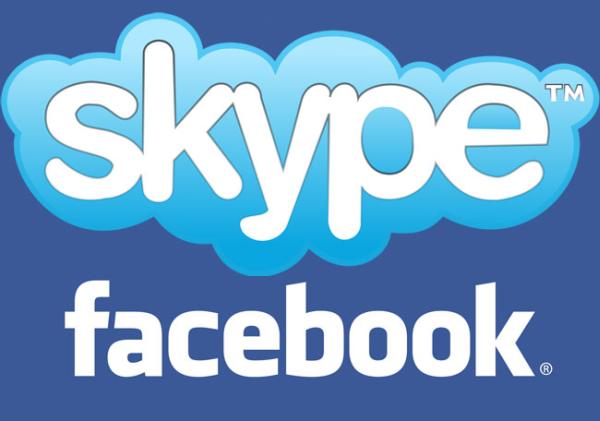Like we all had expected, the ‘Awesome’ new feature that Facebook announced just a while ago included Skype video calling and group video chatting.
Just a few days ago, we had written about rumours that led us to believe that Facebook was going add Video Chat in partnership with Skype. However, today’s conference suggested something deeper, and more profound. While on a shallow level it seems like a loose collaboration between Facebook and Skype to bring group video chatting to Facebook users, the press conference suggested several things that would lead us to believe that Facebook may have created a very important hurdle for Google+ and the battle between Google and Facebook has begun to wane in favour of Zuckerberg.
Zuckerberg also cryptically stressed that sharing is growing at an exponential rate, which might suggest that he like his rival company Google, would coerce users to share more information than they bargained for. At the conference, Mark Zuckerberg announced group chat and video calling enabled by Skype, and a new chat design that promises to be more sleek and visually appealing. The new design would include a sidebar for those who have a large screen.
Tony Bates of Skype explained that the technology would involve many challenges as they might potentially have to reach ‘billions’ of people. It was also revealed that more than half of Facebook users use Facebook Groups and the collaboration with Skype would enable corporations, personal groups, and informal fan groups to try their own video conferences with the help of Skype on Facebook. This would come as a major hurdle to the growth of Google+ Hangouts. During the press conference, Mark Zuckerberg also haughtily dismissed Google+ and its Hangouts as a form of validation by Google.
When Skype’s CEO was asked if he stood to gain something from the collaboration, and if he feared that users would now use Skype from Facebook instead of using it from the desktop app, he said he is not worried at all. He insisted that it would actually be good for Skype as it would throw doors open for a larger Facebook user base, and Skype would also try to make money off users by selling Skype credit on Facebook. There would be no mobile integration yet, which caused many carriers to breathe a sigh of relief.
When both Mark and Tony were asked what the overlap between Skype and Facebook users was, they claimed that they neither know it nor do they track it. Of course, we do not believe that they would not be tracking such important information. Perhaps this overlapping of Skype and Facebook users and the ability to reach users who fall outside the Venn diagram could prove to be a win-win situation to users, Skype and Facebook.
If you have been following the recent developments about Google+, Twitter Buying BackType and other events that suggest a smouldering battle in the social media sphere, it would be easy for you to understand that both Skype and Facebook stand to gain a lot from this partnership, and perhaps is enough to push Google+ down even before it raises its head.











